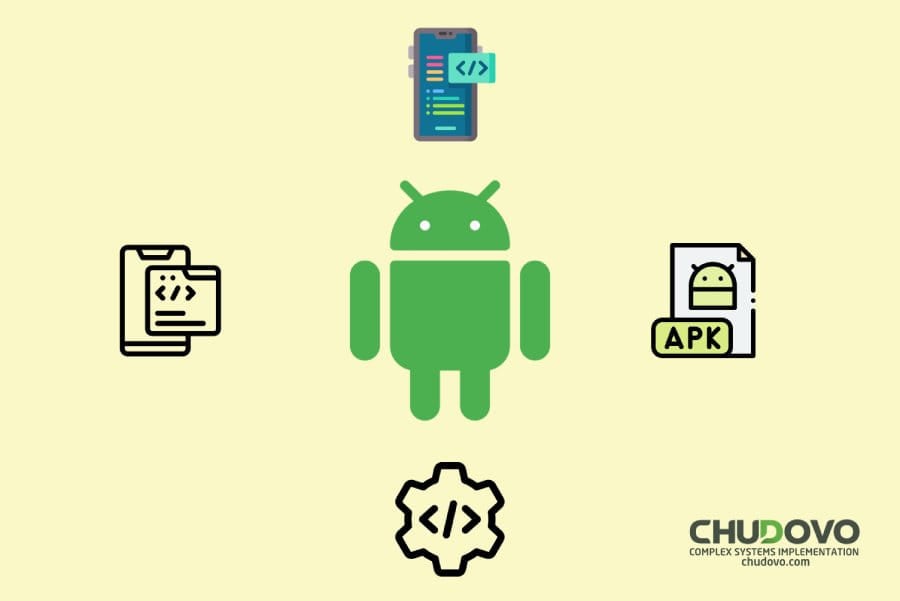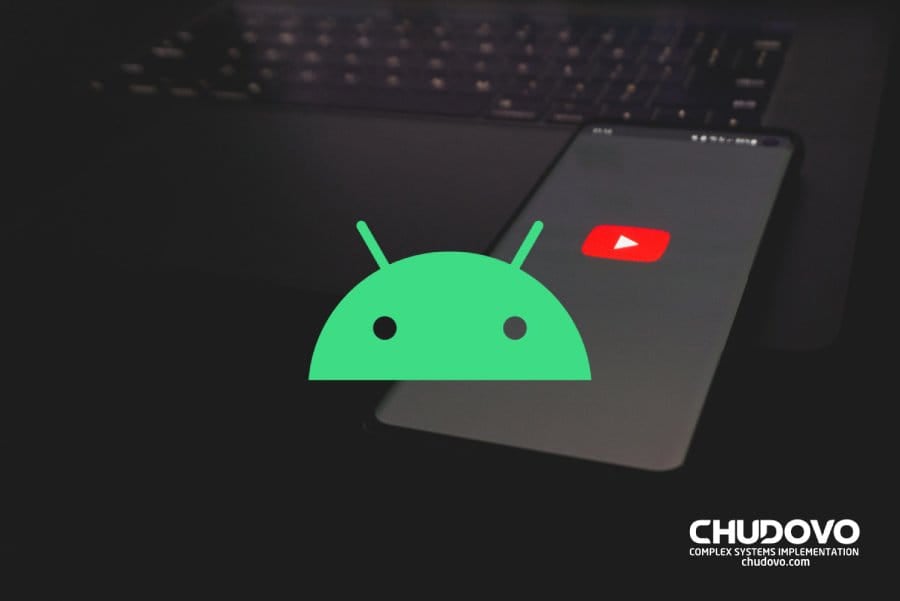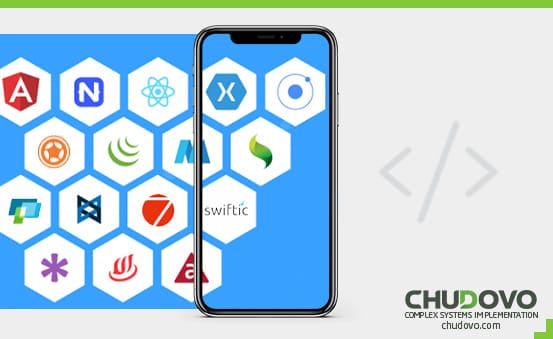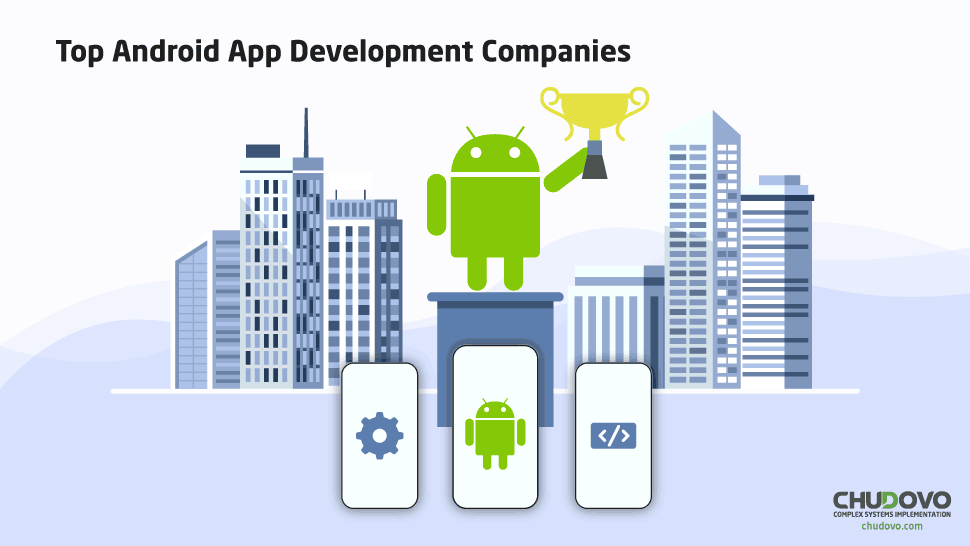21 Emerging Tools & Software for Android App Development in 2023
With mobile app development on the rise, it seems like everyone is trying to jump on board the Android bandwagon. Whether out of curiosity or to build a successful product in the mobile market, everyone wants a slice of the Android pie. But in order to create the best Android app possible, you need more than just an interest in the platform – you must also have the right Android development tools at your disposal.
In 2023, the world of Android app development is expected to evolve further. Android developers will be able to take advantage of a number of emerging tools, software, and platforms to craft high-performing apps with user-friendly design and powerful coding capabilities. The modern Android developers’ toolkit will have all of the essentials, as well as some innovative new tools and features.
So what are some of the latest Android development tools and software that have been making waves in the mobile app industry? We’ll explore some of the 21 Emerging Tools & Software for Android App Development in 2023, including the popular Android Studio, Visual Studio, and many more. We’ll discuss the features and functionality of each.
This article will look at powerful tools for design, coding, testing, frameworks, integrating API, and project management for building powerful, sophisticated, and useful Android applications. We also look at important software solutions and cloud services that have considerable effects on speed, scalability, and performance of Android applications.
Overall, this article will provide a comprehensive view of the current tools and software available for Android app development to help make your development journey smoother and more efficient.
Table of Contents:
- Tools for Design
- Adobe XD
- Sketch
- Framer X
- Tools for Coding
- Android Studio
- Xamarin
- Kotlin
- Tools for Testing
- Robolectric
- Appium
- TestFairy
- Frameworks
- Flutter
- React Native
- Ionic Framework
- Software Solutions & Cloud Services
- Firebase
- BigQuery
- Google Play
- Tools for Integrating APIs
- GraphQL
- Restlet
- Retrofit2
- Tools for Project Management
- JIRA
- Asana
- Trello
- Conclusion

Tools for Design
1. Adobe XD
Adobe XD (also known as Adobe Experience Design) is one of the most popular tools for designing mobile apps. It allows for easy prototyping of user flows and provides features for tools for designing UI components. Adobe XD also has built-in plugins for integrating popular tools like Google Analytics and for creating videos of your designs. It’s free of charge for personal use and comes with a 30-day free trial for commercial usage.
Key Features:
- A powerful digital product design tool for creating user interfaces and user experiences
- Offers features for prototyping, wireframing, and design
- Allows for easy collaboration and sharing with team members
- Has built-in support for creating and exporting design assets
2. Sketch
Sketch is one of the most widely used software for UI/UX design. It is best known for its vector-based design capabilities, as well as its easy-to-use interface and extensive library of plugins and components. Sketch can help make the development process smoother and faster, as developers can prototype their designs with the tool and quickly generate code for the final product.
Link: https://www.sketch.com/
Key Features:
- A vector graphics editor and digital design tool for creating user interfaces and user experiences
- Offers features for prototyping, wireframing, and design
- Has a large library of plugins and third-party integrations
- Has a strong focus on design, with features such as vector editing and boolean operations
- Has built-in support for creating and exporting design assets
3. Framer X
Framer X is a design tool that can help to create interactive designs for mobile applications. The tool offers a range of plugin integrations that can allow designers to add animation, physics, and other effects to their designs. It also offers real-time collaboration features, allowing designers and developers to easily collaborate on projects.
Link: https://www.framer.com/
Key Features:
- A design tool for creating interactive prototypes and animations
- Offers features for prototyping, wireframing, and design
- Allows for easy collaboration and sharing with team members
- Has built-in support for creating and exporting design assets
Tools for Coding
4. Android Studio
Android Studio is the official Integrated Development Environment (IDE) for developing Android apps. It has a range of features for quick and easy Android app development, such as syntax highlighting, code completion, and debugging tools. It also includes the Android SDK, which contains the Android platform tools, as well as the Android Virtual Device manager for testing apps on different Android versions.
Link: https://developer.android.com/studio
Key Features:
- A powerful integrated development environment (IDE) for building Android apps
- Offers features for coding, debugging, and testing
- Has built-in support for Android SDK and Android Studio Emulator
- Has a large library of plugins and third-party integrations
5. Xamarin
Xamarin is a cross-platform development tool that allows developers to write code in C# and target multiple platforms, including Android. It offers a range of features to make development faster and easier, such as a code editor, debugging tools, and a UI/UX design studio. It also provides support for popular frameworks like Microsoft’s .NET platform and Apache Cordova.
Link: https://visualstudio.microsoft.com/xamarin/
Key Features:
- A cross-platform app development framework that allows developers to share code across multiple platforms
- Offers features for creating native apps for Android and iOS using C#
- Has built-in support for integration with Visual Studio
- Has a large library of plugins and third-party integrations
6. Kotlin
Kotlin is a programming language for developing Android apps. It is considered to be a more efficient language than Java, as it reduces the amount of code needed for performing tasks. Its syntax is easy to learn and it has a number of useful features, such as built-in null safety, extension functions, and type inference. It is also interoperable with Java, making it ideal for developers who are already familiar with the language.
Link: https://kotlinlang.org/
Key Features:
- A programming language for developing Android apps
- Considered to be more efficient than Java
- Has a number of useful features, such as built-in null safety, extension functions, and type inference
- Interoperable with Java, making it ideal for developers already familiar with the language

Tools for Testing
7. Robolectric
Robolectric is a powerful testing tool for Android apps. It allows developers to easily test their apps in a simulated environment, which is faster and more reliable than virtual device testing. The tool also offers features for creating custom test cases and generating automated test reports.
Link: https://github.com/robolectric/robolectric
Key Features:
- Allows developers to test apps in a simulated environment easily
- Offers features for creating custom test cases and generating automated test reports
8. Appium
Appium is an open-source testing platform for mobile devices. It is based on popular web frameworks, such as Selenium Webdriver, and supports many different languages, such as Java, Python, Ruby, and C#. It also provides features for easy setup, integration with popular IDEs, and easy test execution.
Link: https://appium.io/
Key Features:
- Based on popular web frameworks such as Selenium Webdriver
- Supports multiple languages such as Java, Python, Ruby, and C#
- Provides features for easy setup, integration with popular IDEs, and easy test execution
9. TestFairy
TestFairy is a comprehensive testing platform for mobile apps. It allows developers to test their apps on real devices and quickly identify bugs or performance issues. It also has a range of features, such as user feedback and recording, that makes it easier to troubleshoot and fix any issues found.
Key Features:
- Allows developers to test apps on real devices and quickly identify bugs or performance issues
- Has a range of features such as user feedback and recording, making it easier to troubleshoot and fix issues
- Provides detailed analytics and crash reports
Frameworks
10. Flutter
Flutter is an open-source platform for building cross-platform, native mobile apps. It is based on the popular Dart programming language and provides features for creating customizable UI elements, animations, and more. It is a great choice for developers who are looking for an easy-to-learn development platform.
Link: https://flutter.dev/
Key Features:
- Based on the Dart programming language
- Provides features for creating customizable UI elements, animations, and more
- Allows for easy integration with existing systems
11. React Native
React Native is one of the most popular cross-platform frameworks for developing mobile apps. It uses JavaScript and a range of popular libraries for building robust and responsive apps quickly. It also has features for easy integration with native APIs, such as Android Studio and Xcode.
Link: https://reactnative.dev/
Key Features:
- Uses JavaScript and popular libraries for building responsive apps quickly
- Features for easy integration with native APIs, such as Android Studio and Xcode
- Has a large and active community
12. Ionic Framework
Ionic Framework is another popular cross-platform framework for developing mobile apps. It allows developers to use web technologies, such as HTML, CSS, and JavaScript, to develop apps that are compatible with both Android and iOS. The framework is especially useful for building hybrid apps, as it provides features for easy integration with native platforms.
Link: https://ionicframework.com/
Key Features:
- Allows developers to use web technologies such as HTML, CSS, and JavaScript to develop apps compatible with both Android and iOS
- Features for easy integration with native platforms
- Has a large library of pre-built components and plugins

Software Solutions & Cloud Services
13. Firebase
Firebase is a comprehensive suite of cloud services designed to make mobile app development easier and faster. It provides features like real-time databases, authentication, analytics, cloud storage, and much more. It also has a number of other features, such as plugins for popular frameworks, that can make development simpler.
Link: https://firebase.google.com/
Key Features:
- Provides features such as real-time databases, authentication, analytics, cloud storage, and more
- Has plugins for popular frameworks, making development simpler
- Offers integration with other Google Cloud services, such as BigQuery and ML
14. BigQuery
BigQuery is a cloud-based data warehouse tool for analyzing large datasets. It can be used to quickly uncover trends and insights from data, as well as to monitor and optimize performance of mobile apps. It is one of the most cost-effective data analytics solutions on the market, making it ideal for developers who are looking for an affordable solution.
Link: https://cloud.google.com/bigquery/
Key Features:
- Can be used to quickly uncover trends and insights from data
- Cost-effective and easy to use
- Has support for multiple access forms and integration with other tools
15. Google Play
Google Play is the official app store for Android applications. It offers a range of features to make it easier to distribute and manage apps, such as secure payments, analytics, and app management tools. It is also the most popular app store on the market, making it the ideal platform for developers looking to build a dedicated user base.
Link: https://play.google.com/
Key Features:
- Provides analytics, user and subscription management, version control, and monetization tools
- The most popular app store on the market.
Tools for Integrating APIs
16. GraphQL
GraphQL is a query language for APIs that allows developers to request only the data they need. It is flexible and efficient, making it a popular choice for integrating with APIs. It is also open-source and supported by a large community.
Link: https://graphql.org/
Key Features:
- Flexible and efficient, making it a popular choice for integrating with APIs
- Has built-in support for real-time updates and subscriptions
- Useable with any language or framework
17. Restlet
Restlet is a powerful tool for building and testing RESTful APIs. It supports many different languages, such as Java and Python, and provides features for easy setup, testing, and deployment.
Link:https://restlet.talend.com/
Key Features:
- Built-in support for OAuth, JSON, and XML
- Automatic generation of API documentation
- Has a built-in client library for testing and exploring RESTful APIs
18. Retrofit2
Retrofit2 is a type-safe HTTP client for Android and Java that makes it easy to connect to RESTful APIs. It provides features for handling requests and responses, as well as support for popular libraries such as OkHttp and Moshi.
Link: https://square.github.io/retrofit/
Key Features:
- A simple and powerful API for handling multiple requests
- Built-in support for authentication and request caching
- Has built-in support for testing and debugging

Certified engineers
Convenient rates
Fast start
Profitable conditions
Agreement with
EU company
English and German
speaking engineers
Tools for Project Management
19. JIRA
JIRA is a powerful project management tool that allows developers to track, manage, and prioritize tasks and issues. It is widely used by software teams and offers features such as agile boards, sprint tracking, and reporting.
Link: https://www.atlassian.com/software/jira
Key Features:
- Offers features such as agile boards, sprint tracking, and reporting
- Built-in support for integration with other tools and services
- Provides a wide range of customizable workflows and issue types
20. Asana
Asana is a popular project management tool that allows teams to organize and track tasks, projects, and workflows. It offers features such as task assignment, calendars, and automation.
Link: https://asana.com/
Key Features:
- Provides tools for tracking progress and measuring performance
- Built-in support for collaboration and communication with team members
- Has mobile apps for iOS and Android
21. Trello
Trello is a visual project management tool that allows teams to organize and track tasks and projects using boards and cards. It is simple to use and offers features such as labels, checklists, and due dates.
Link: https://trello.com/
Key Features:
- Simple to use and offers features such as labels, checklists, and due dates
- Built-in support for collaboration and communication with team members
- Provides a range of third-party integrations.

Conclusion
Android app development is one of the most dynamic and continuously evolving fields in technology, and the right tools and software can help to make development smoother and faster. In this article, we discussed the 21 emerging tools and software that are essential for Android app development in 2023, including design tools, coding tools, testing tools, frameworks, and cloud services. We also provided download links for each tool, making it easier for developers to get started.
Get Your Android App Journey started with Chudovo
At Chudovo, we help our clients define a long-term growth strategy based on the specific business objectives, the current market situation, the level of competition, and the budget. We provide excellent customized mobile applications by considering your business values and overall strategy and adding advanced features and designs.
We are just a click away to get in touch with us. Visit our Contact us page to get started now!





